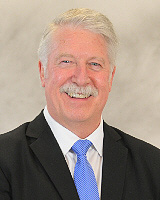
From the Dean
Learning to Learn in the Digital Age
Big data, artificial intelligence, and other digital tools are leading to dramatic shifts in the business world. In the School of Business, Government, and Economics, we’re preparing students for jobs that are evolving drastically, as well as for jobs that don’t even exist yet. We’re teaching our students to be technologically agile. We want to instill an attitude of learning to learn, a tendency to ask ethical questions, and a viewpoint that dignifies people everywhere.
I hope this issue of Shareholders helps you learn more about what’s going on in the world of data analytics and cybersecurity, two focus areas for SBGE. We’d love to see you in one of our new graduate programs!
Warm regards,

Ross Stewart, Dean
School of Business, Government, and Economics
Alumni: Where Are They Now?
We caught up with four alums who are working in high-tech fields.
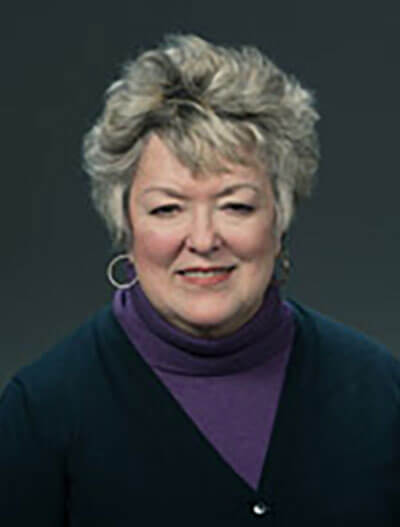 Barbara Endicott-Popovsky ’90
Barbara Endicott-Popovsky ’90
MS in Information Systems Management, Seattle Pacific University, 1990
PhD in Computer Science, University of Idaho
The research and leadership of Barbara Endicott-Popovsky has influenced cybersecurity education across the United States. As the executive director of the Center for Information Assurance and Cybersecurity at the University of Washington, she is a member of several national committees which shape cybersecurity education, and has authored more than 100 peer-reviewed articles. She says that while cybersecurity has been important for a long time, it has flown under the radar for most people. “In the last few years, the attacks have become intolerable, and companies can be at risk of losing their businesses,” she says. “It’s time to bring these programs into our academic institutions and grow them. The need is great and the job opportunities are incredible.” She has helped several universities build cybersecurity programs and is also working with Seattle Pacific. “We want to help leverage SPU’s unique capabilities as a Christian university,” she says. “Having ethical standards will be increasingly important as time goes on, and I think that SPU has a unique role to play.”
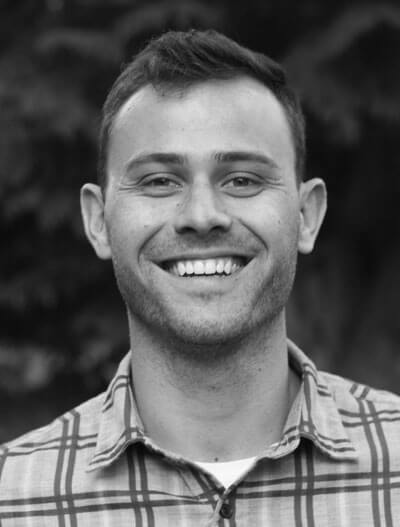 Chris Herron ’16
Chris Herron ’16
BA in Business Administration, Seattle Pacific University
BA in Economics, Seattle Pacific University
Chris Herron helps his clients tell their stories, but not just with words — he uses numbers. He’s a Tableau analyst at Decisive Data in Redmond, WA. One of his healthcare clients is trying to use data to see if mental health counseling can be part of an effective treatment plan for diabetic patients. “We’re constantly talking about how we can utilize analytics to maximize the type of care that patients are receiving,” Chris says. “It’s exciting how data can be used for good in non-profits, for-profits, healthcare, ministry, and many other industries.”
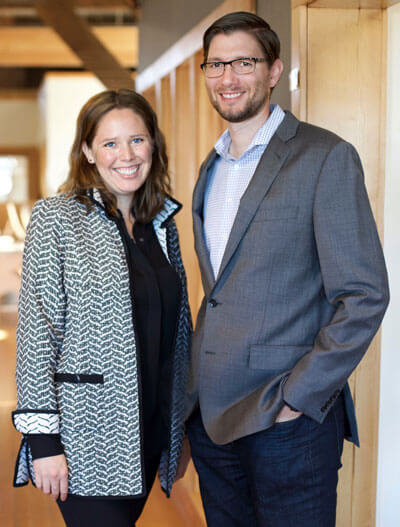 Charlotte Whitmore ’07
Charlotte Whitmore ’07
BS in Nursing, Seattle Pacific University
Caleb Whitmore ’06
BA in Business Administration, Seattle Pacific University
In 2009, Charlotte and Caleb Whitmore founded Analytics Pros, a Seattle-based digital analytics consultancy with clients such as Yelp, Glassdoor, Toms, Starbucks, and Redfin. The company reportedly helped clients analyze 1.3 trillion digital interactions in 2016. “Now we have more data than ever before,” Caleb says. “If used properly and analyzed accurately, it can tell us a lot about ourselves, the world around us, and how to make both better.” The couple remains engaged at Analytics Pros through writing, speaking nationally and internationally, and as board members, with Charlotte serving as chair, and Caleb as vice chairman. Charlotte is also a director for the national Digital Analytics Association, and is currently pursuing an MBA in Global Studies at the International Institute for Management Development in Lausanne, Switzerland. Caleb spends most of his time at home with their four children, ages 5–9.
What’s All the Fuss About Data Analytics?
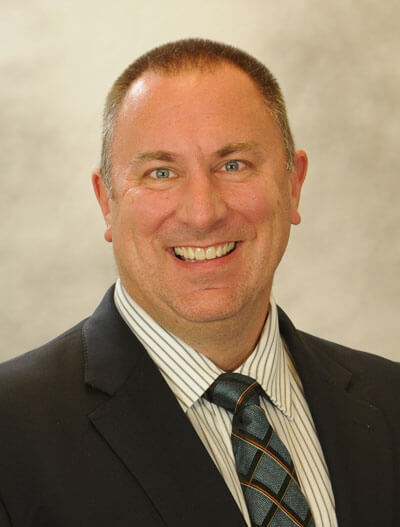
By Dr. Ryan LaBrie, Associate Professor of Management and Information Systems
Data has been called “the new oil” in almost every business journal, from Forbes to Fortune. It’s no surprise, when you consider that data analysts, data consultants, and data scientists are some of the hottest jobs in the business world right now. MIT’s Sloan Management Review reports that 40 percent of companies surveyed struggle to recruit and maintain data analytic talent. More than an additional 180,000 data scientists and some 900,000 data analysts will be needed by 2018, according to International Data Corporation. And while universities are adding data analytics/science programs, Deloitte’s 2016 analytics report stresses that the universities cannot keep up with demand. We in the School of Business, Government, and Economics are doing our part to supply data experts in the Puget Sound region and beyond.
So what is data analytics, and why is it so valuable? Without getting into the nitty-gritty details of artificial intelligence and advanced statistical algorithms, I’d like to describe facets of a data analytics career with two illustrations.
First, I’ll share a predictive analytic example. Predictive analytics uses data to answer questions, such as: Who will churn from a mobile contract? Who will commit insurance fraud? Who will continue binge-watching a new show? Being able to answer such questions can help organizations manage their limited resources.
Take Amazon, for example. It has been reported that Amazon’s recommendation system is responsible for upwards of 35 percent of their revenue. (This is not confirmed by Amazon, as it does not report specifically on this facet of its business.) With annual revenue currently around $140 billion, you can do the math on what a 0.1 percent increase in accuracy can do to the bottom line. You can bet it has numerous teams of data analysts and scientists working on improving its predictive analytic recommender systems, even if the 35-percent figure is overinflated.
The second illustration involves the visualization aspect of a data analyst’s or scientist’s job. If you have ever created a chart in Microsoft Excel, you have done some rudimentary data visualization. Perhaps you wanted to clarify your message by showing data change over time, or represent the data overlaid on a map. That is where data visualization can help. Tools like Tableau Desktop or Microsoft PowerBI give the data analyst or scientist powerful ways to communicate a message.
If you’re wondering who can be a data scientist, it might be you! All it takes is passion for problem solving with data. We are often asked, “Don’t I need a background in business, computer science, engineering, or statistics to succeed in these programs?” The answer is no, although you may find such a background helpful. We’ve had many folks go through our programs with degrees in nursing, education, liberal arts, theology, or music who excel in their coursework and go on to have meaningful and fulfilling careers in the world of business and data analytics. We have alumni from A to Z — Amazon to Zillow — and everywhere in between, not to mention many of the biggest technology consulting firms in the Pacific Northwest.
If data excites you or somebody you know, check out our master of science in information systems management (MS-ISM) or our new degree programs and certificates in data analytics and cybersecurity. I look forward to engaging with you in a future class.
Further Reading to Sharpen Your Data Know-how
Predictive Analytics
I recommend to you one of our ISM popular reading books (now in its 20th year) Predictive Analytics, by Eric Siegel. In his very approachable book, you learn about the Netflix Challenge and many other illustrations of how data can be used to predict future actions.
Data Visualization
Pick up the book Beautiful Visualizations, by Julie Steele and Noah Iliinsky. The authors chronicle more than 15 case studies of various visualizations, from airplane flights, to the NYC Subway map, to the use and development of the word cloud application, Wordle.
Perhaps the best illustration of this is Hans Rosling’s TED Talk, “The Best Stats You’ve Ever Seen.” This talk may change your outlook on life, and will definitely teach you the power of strong visualization.
New Degree Programs and Certificates in Data Analytics and Cybersecurity
We are excited about our new programs in data analytics and cybersecurity! Our unique approach goes beyond technical knowledge and skills to enable better decisions and policies in the workplace. We have a strong group of partners and advisors, who will help prepare you for a job in these highly sought-after fields.
You can also select an emphasis in cybersecurity or data analytics when enrolled in our MBA or MS-ISM programs. Admission is available each quarter. Schedule a one-on-one information session today!
A Truth-Seeker’s Guide to Big Data
If you want to delve into questions of how to make sense of our data-driven society in the light of biblical wisdom, watch Dr. Bruce Baker’s webinar from February 2014.
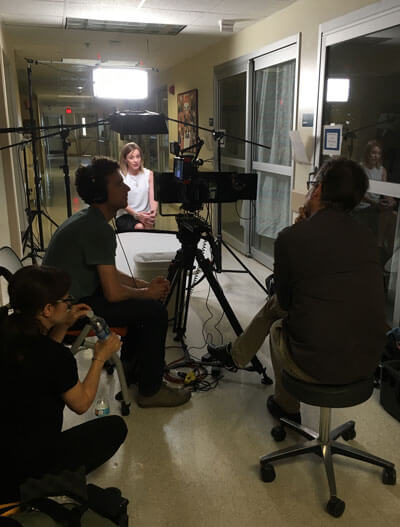
From Alabama to Ethiopia: Faith and Business Films are Underway
SBGE has been working with Untamed.be, a Seattle-based production company, to produce a series of short films and an innovative online course on the topic of faith and business. Supported by generous donors, filming has been completed in locations across the United States, including Austin, Texas, Chicago, Illinois, Nashville, Tennessee, Seattle, and Washington, D.C., as well as in Ethiopia, Mexico, and Vietnam. More than 55 interviews have been conducted in 18 cities. Featured subjects include Silicon Valley executives, fund managers, car dealers, cabinet makers, and property developers — all of whom are working to reimagine business as a conduit of common grace. The films and course will kick off early next year.
MAM-SSM Students Advise Businesses and Nonprofits
Every year, students in our MA in management program who emphasize in social and sustainable management (MAM-SSM) consult Seattle-based businesses and organizations for a final project. Here’s a look at some of their work and recommendations from Spring Quarter:
- At T-Mobile, the team developed a plan to recruit and retain high-quality and ethnically-diverse technical interns who had strong “magenta.” Magenta is the term T-Mobile uses to describe its unique corporate culture.
- At SPU Sports, the team conducted marketing research and developed a strategic marketing plan to rebrand sports on campus. Their plan will be implemented this year.
- Donuts — not the edible kind — is the global leader of high-quality, top-level domains (TLDs) for digital identity. In layman’s terms, they provide digital domain names to resellers like GoDaddy to lease to individuals and businesses for identifying websites, blogs, email, etc. The domain “.com” doesn’t really communicate an organization’s purpose, but something like “.food” or “.restaurant” can help build an organization’s identify online. The MAM-SSM team developed a marketing plan for the TLDs predicted to have the most importance for consumers in the future.
- At Express Employment Professionals, students were tasked to forecast types of jobs Seattle companies would need to fill in the future and make recommendations for pivots in recruiting strategies.
- Mavuno, a nonprofit that develops communities in the Congo by helping establish locally owned, sustainable, and profitable businesses, asked its team to find suitable partners to support its mission and establish markets for the Congolese businesses.
- Construction for Change, an organization that uses construction management to help under-resourced communities, needed help developing a strategy for scaling up. The student team built a database of potential partnerships, and recommended a strategic pathway to expand.
Grand Reunion is Next Month
Registration is open for Grand Reunion, taking place October 6–7, 2017. Join us for a complimentary lunch, and learn what is new with SBGE! We will be announcing the Alum of the Year and Young Alum of the Year, plus giving you a preview of our new faith and business film project and online learning opportunity (see “From Alabama to Ethiopia,” above). We hope to see you there!
Welcome, New Faculty and Staff!
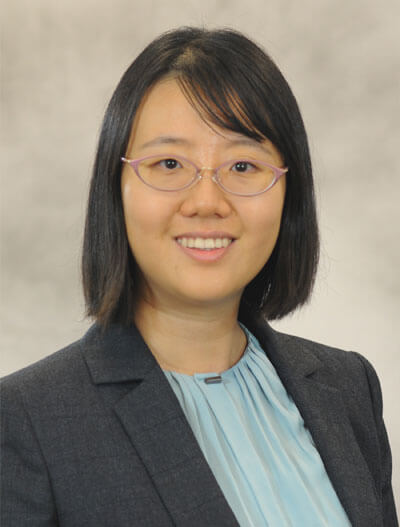
Charlotte Qu, Assistant Professor of Accounting
BA, Nankai University, 2007
MAcc, University of Michigan, 2008
PhD, University of Michigan, 2013
Dr. Qu will be teaching “Financial Accounting,” “Intermediate Accounting,” and “Advanced Financial Accounting,” starting fall of 2017. Her research investigates the personal characteristics and social networks of corporate executives and board members, and how these characteristics and networks affect corporate governance and financial reporting.
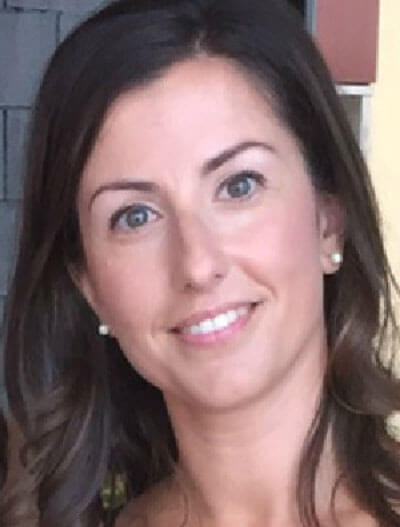
Elisabetta Ipino, Instructor of Accounting
BA, University of Padova (Italy)
PhD, University of Padova, 2010
Most recently, Dr. Ipino spent a year as a visiting scholar at Foster Business School at the University of Washington. She also served as an adjunct professor at Albers School of Business at Seattle University. Elisabetta’s research interests focus on financial reporting in capital markets as well as on corporate governance.
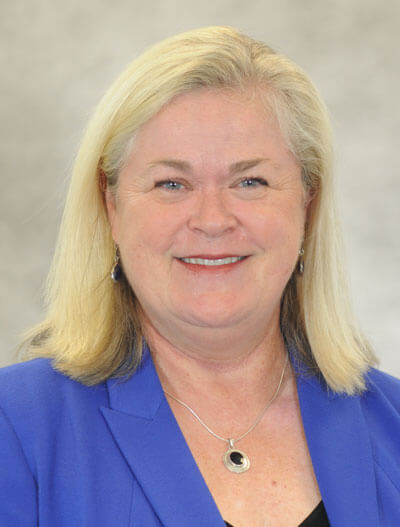
Kristen Bayne McGaw, SBGE Budget Manager
BA, Rice University, 1981
MBA, University of California at Berkeley, 1987
Kris comes to SPU with more than 25 years of experience working for universities, both as an employee and as a consultant. She spent most of that time working in the field of technology transfer, and also served as administrator for two academic centers focused on nonprofit management. Her primary functional areas of expertise include long-range planning, financial management, and operational improvement.